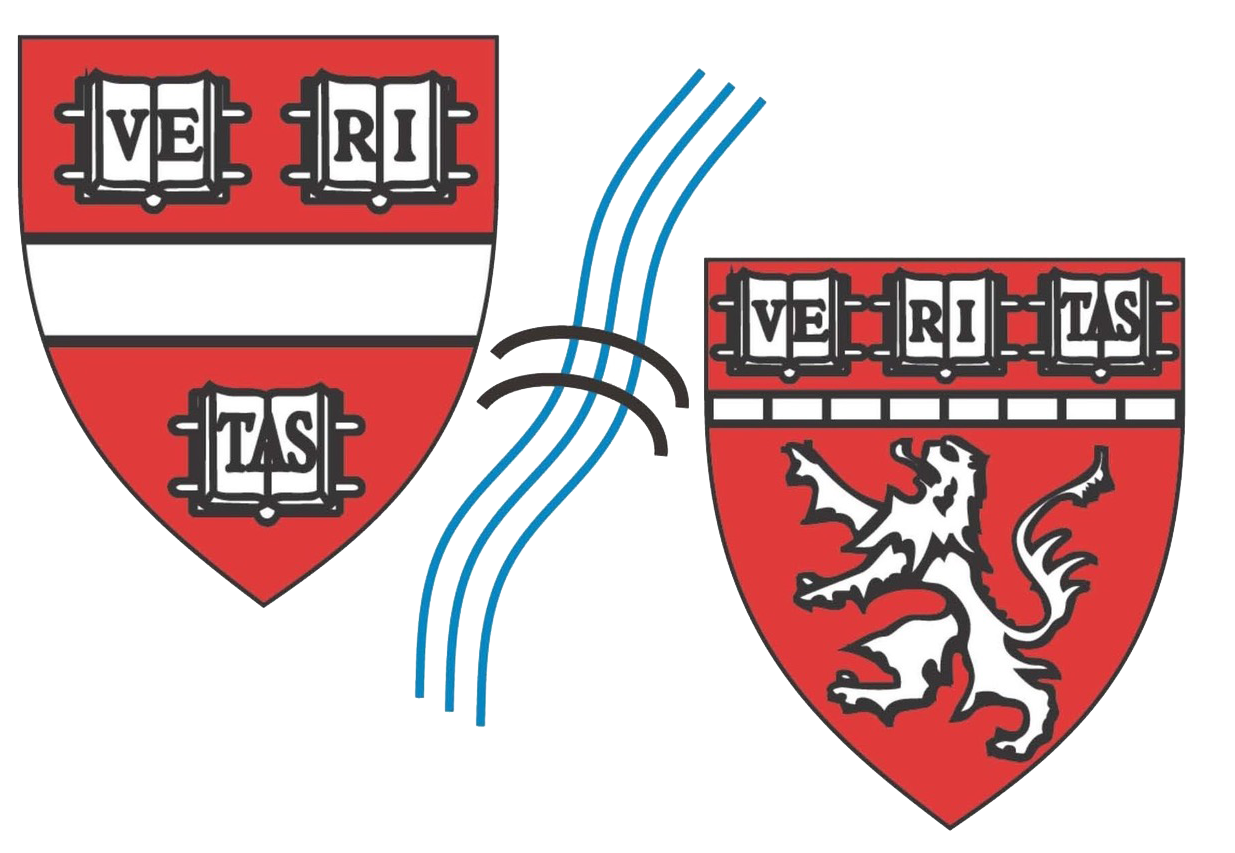Shamil R. Sunyaev
Division of Genetics, Brigham & Women's Hospital, Harvard Medical School

We are a computational genetics and genomics lab whose main research is on genetic variation, including mechanisms of spontaneous mutagenesis, functional effects of mutations and allelic variants, population genetics and relationship between genotype and phenotype.
We develop and apply computational methods to pursue various problems in fields of genetics, genomics and proteomics. Our main interest is to analyse the population genetic variation and the genome divergence between species with the major focus on the protein coding regions. The effect of amino acid substitutions on function and structure of proteins can be frequently understood and even predicted via comparative sequence analysis and analysis of the protein structure. We relate the above functional studies to the evolutionary process of natural selection in order to track the evolution of proteins at the molecular level. Large-scale statistical approaches are suitable to study the way new mutations, genetic drift and natural selection shape the population genetic variation and how this variation once becomes a species divergence. The results of structural and evolutionary studies can be further applied to the data on human genetic polymorphisms with the goal to understand the complex mechanisms of inheritance and most importantly the genetic basis of human multifactorial diseases.
Our future effort will be directed towards the development of methods to extract knowledge on functionality and evolution from the novel massive data on closely related genomes and population genetic variants. We are hoping to reveal epistatic interactions between allelic variants and understand their molecular basis, thus getting closer to the understanding of the interplay of genetic variants to give rise to phenotypes. We are planning to utilise the knowledge gained to study the data on genotypes of patients suffering from common complex disorders through the established collaborations with groups involved in large medical genetics research projects.
Additionally, we are interested in development of computational approaches to protein sequence and structure analysis. Recent projects include development of techniques to search for homologous proteins based on data generated by mass spectrometry; constructing statistical framework to search for structural similarities between protein active and binding sites; development of a novel sequence alignment algorithm.
Selected Publications:
Sohail M, Vakhrusheva OA, Sul JH, Pulit SL, Francioli LC; Genome of the Netherlands Consortium; Alzheimer’s Disease Neuroimaging Initiative, van den Berg LH, Veldink JH, de Bakker PIW, Bazykin GA, Kondrashov AS, Sunyaev SR. Negative selection in humans and fruit flies involves synergistic epistasis. Science 356(6337):539-542 (2017). PubMed PMID:28473589.
Cassa CA, Weghorn D, Balick DJ, Jordan DM, Nusinow D, Samocha KE, O'Donnell-Luria A, MacArthur DG, Daly MJ, Beier DR, Sunyaev SR. Estimating the selective effects of heterozygous protein-truncating variants from human exome data. Nat Genet. 49(5):806-810 (2017) PubMed PMID:28369035.
Chun S, Casparino A, Patsopoulos NA, Croteau-Chonka DC, Raby BA, De Jager PL, Sunyaev SR, Cotsapas C. Limited statistical evidence for shared genetic effects of eQTLs and autoimmune disease-associated loci in three major immune cell types. Nat Genet. 49(4):600-605 (2017) PubMed PMID:28218759.
Sul JH, Cade BE, Cho MH, Qiao D, Silverman EK, Redline S, Sunyaev S. Increasing Generality and Power of Rare-Variant Tests by Utilizing Extended Pedigrees. Am J Hum Genet. 99(4):846-859 (2016) PubMed PMID:27666371.
Savova V, Chun S, Sohail M, McCole RB, Witwicki R, Gai L, Lenz TL, Wu CT, Sunyaev SR, Gimelbrant AA. Genes with monoallelic expression contribute disproportionately to genetic diversity in humans. Nat Genet. 2016 Mar;48(3):231-7. doi: 10.1038/ng.3493. PubMed PMID:26808112.
Contact Information
77 Avenue Louis Pasteur
Boston, MA 02115
